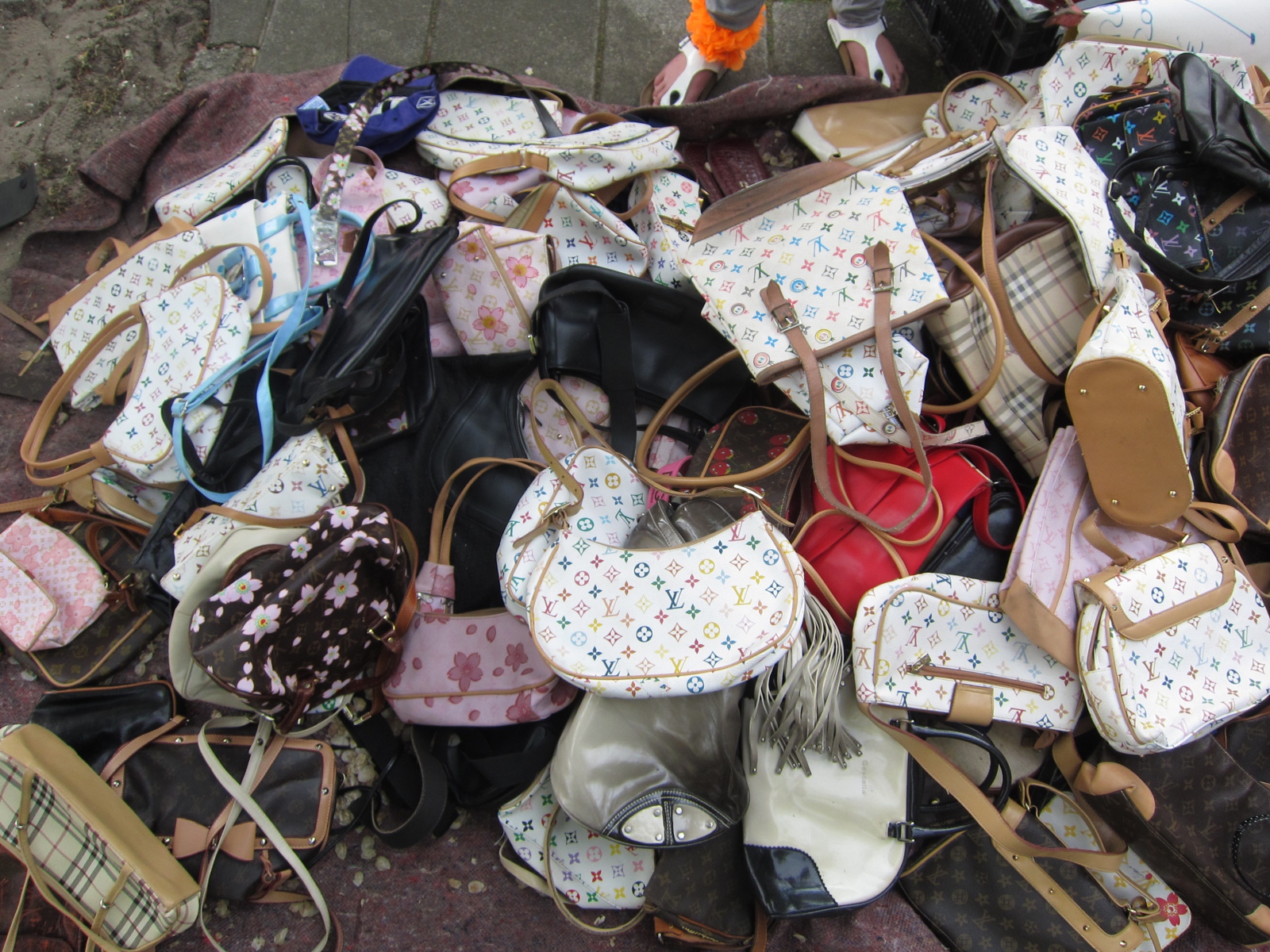
Growing up in a small town, I was rarely exposed to people of wealth. The few citizens in my town that I deemed rich weren’t even that wealthy– they just liked to buy expensive items to create the illusion that they were. Occasionally, I would see a spotless BMW rolling down the back roads of my little rural town, and would laugh at the unseemly sight. I laughed even harder seeing those living Barbies walking around the community Walmart in their Gucci stilettos, clutching onto their overpriced Chanel tote. These people didn’t belong in my town and thankfully, they were quite rare. Most people from my town could be found proudly wearing an outfit from Target paired with shoes bought using Kohl’s cash.
Going to Drexel, just over an hour away from my hometown, was like entering another realm where materialism ruled. At a private school, I guess I should have anticipated this, but even after almost eight months of being on campus, I still cannot fathom my peers fixation on money and brands.
I listen to my roommates brag about their recent Lululemon purchases, observe classmates surfing the Louis Vuitton website during lecture, and when I compliment someone’s dress, instead of thanking me, they’ll pompously respond with, “It’s Armani.” And me? I’m talking about my recent Marshall’s purchases; surfing the web for Forever 21 sale items and when someone compliments my dress, I reply with, “It was eight bucks on the clearance rack, thanks so much!”
I dreaded running into that type of person in my town, but at Drexel, it seems unavoidable. Everywhere I go, I cannot seem to escape from the incessant talk about money and brands. I never even thought of brands before arriving to Drexel. Brands to me were H&M and Old Navy, not Prada and Fendi.
Money has always been a valuable thing to me, not just something I throw around and indiscriminately spend. I make a conscious decision about every dollar I use and thoughtfully weigh the pros and cons of my purchases. I watch my peers drop hundreds of dollars at a time for concert tickets and boots with a microscopic logo hidden on the back. Seeing them press the “submit my order” button in class makes my stomach turn. Will their daddy’s bank account ever run out?
But I don’t get jealous. I’m glad I can be perfectly content without excessive belongings. Though I get a natural buzz from the occasional shopping spree, my happiness has never depended solely on what’s lying around in my room. Happiness to me is an entirely independent idea from having or spending money.
I don’t get embarrassed. I’m still proud of the great deals I got on every item in my wardrobe. Some of my favorite pieces are hand-me-downs from my sisters. My possessions don’t define me.
Besides, people who spend their lives relentlessly buying things are never happy because they’re constantly wanting more. Instead of appreciating what they do have, they fixate on what they don’t yet have and how they can soon acquire it.
It blows my mind that there can be people who drop two-grand on a crappy handbag when there are people right down the street who would kill for a single granola bar or a ragged blanket. Anyone who does have that kind of money should put it towards more important things like helping other people, rather than buying something they’ll rarely use.
And many students who can’t afford these things spend their time trying to appear as if they do. We live in a society where wealth delineates how we view someone. People are so obsessed with brands when it really doesn’t matter at all. It’s sad that people think by increasing their belongings that they will increase their self-worth. A person’s character isn’t based on how much money is on their debit card or how much shopping they’ve done this month.
Out of all the classes I’ve taken so far, the most important thing I learned at Drexel didn’t come from the classroom: I’m glad I’m not a walking debit card. I’m glad I’m not making daily phone calls to my parents begging for more money.
What happened to the days where college students were “poor” and relied on ramen noodles? In a society that fixates on material possessions, it’s important to remember that our assets don’t define us.

